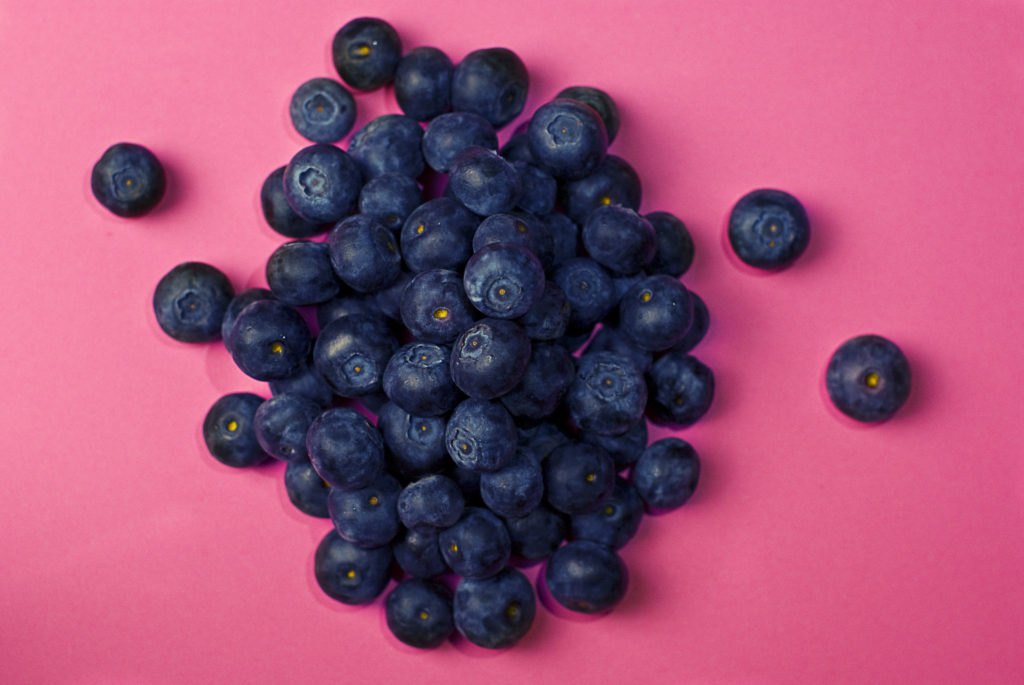Nutrition can be a confusing topic for most people, especially when there are so many contradicting beliefs and opinions out there. So this week I thought I’d go over a little brief nutrition overview to hopefully shed some light on the topic for ya.
Have the Big Picture in Mind
Most people who are trying to get healthier try various diets and quick-fix plans. These might initially help you lose weight, but they will never result in long-term success. Remember, whatever eating habits you adopt have to be maintainable to get you long-term results. You are creating a new lifestyle, NOT a temporary diet.
That being said, it’s also great to remember that a new lifestyle change does NOT mean cutting out everything you love eating. You should still enjoy life and celebrate occasions with friends and family. It also shouldn’t become something that you obsess or stress over. That just defeats the healthy purpose we’re going for! It’s all about finding your own, happy balance! Hopefully this will help you understand nutrition a little better, but please don’t let it overwhelm or discourage you! Just let it help you to understand a little more about the foods you eat.
Macronutrients
I’m sure you’ve probably heard about macronutrients, or “macros” at least once, but maybe you don’t quite know what they are or why you need them. Macronutrients are substances that are required in relatively large amounts in order for the body to properly function. The three main macronutrients are carbohydrates, proteins, and fats.
Carbohydrates
Sadly, carbs get a bad reputation. I’ve heard so many people talk about significantly decreasing their intake or cutting them out completely in an attempt to lose weight. BUT this isn’t necessary or healthy. Carbs are really important and are actually necessary for your body to function properly. Here are just a few things that carbs help out with:
- They are the body’s main source of energy for day-to-day bodily functions and muscle exertion.
- They regulate digestion & use of proteins and fats. Carbs spare protein for building muscle instead of using it to provide necessary energy to the body.
- Parts of your nervous system rely completely on carbs.
Adequate carb consumption is CRUCIAL for maintaining the body’s glycogen stores. In other words, carbs are needed for optimum performance and recovery!
Simple Versus Complex
Carbs fall into two categories, simple and complex. Both provide the body with energy BUT Complex Carbohydrates also provide the body with necessary nutrients that simple carbohydrates lack. Some examples of complex carbs are fruits, veggies, and whole grains. Some examples of simple carbs are candy, sodas, cake, etc.
Protein
Protein helps build, maintain, and repair body tissues, muscle and other structures. If you’re body is lacking in fats, protein can also be used as an energy source. Some sources of protein include chicken breast, tuna, turkey breast, legumes tofu, and many more.
Amino Acids
Proteins are broken down into amino acids in the body. There are 20 amino acids total, and 9 of these are “essential” amino acids. This means that they aren’t produced within the body so we have to get them through the foods we eat.
Complete Proteins
Complete proteins are sources of protein that contain all 9 essential amino acids that we need. Some examples include eggs, meats, quinoa, and buckwheat.
Fats
Fats are the most concentrated source of energy available. They are needed for tissue growth and hormone production. Fats also assist in absorption of other nutrients and help regulate your core body temperature. Some examples of healthy fats options are avocado, nuts, natural nut butters, olive oil, flaxseed oil, and many more. You want to limit your intake of trans fats and saturated fats.
Here’s to a happy, healthy, nutritious week!
Until next time,
Xoxo
Ashley






